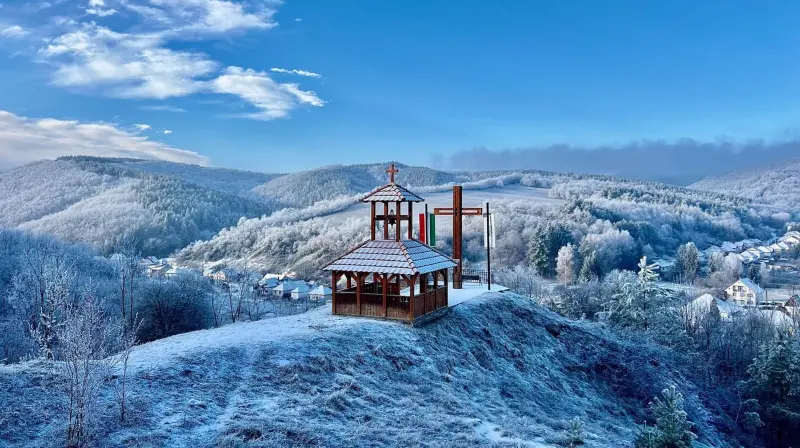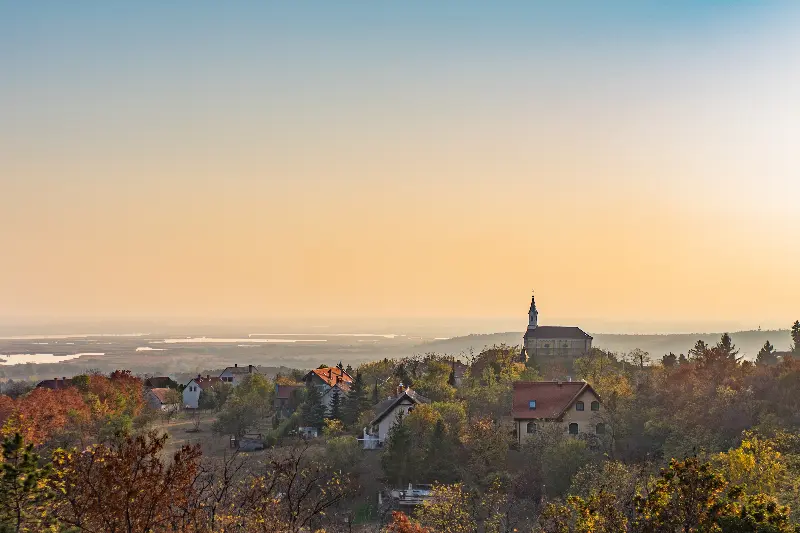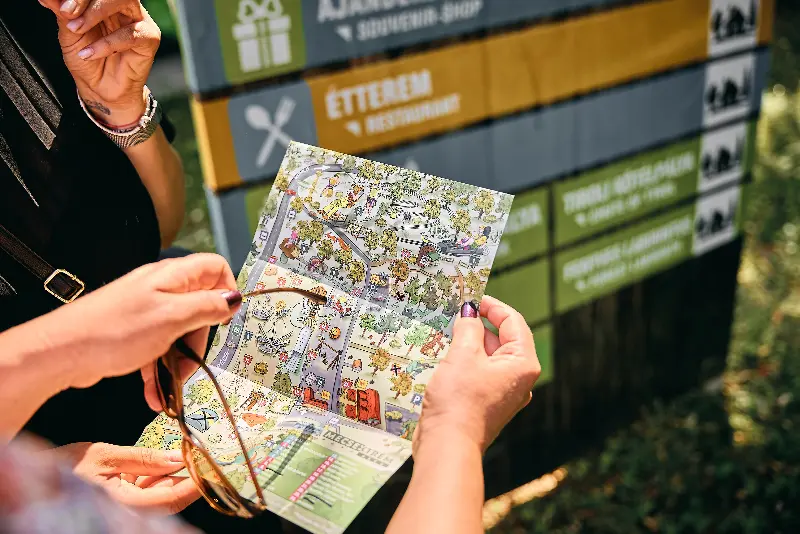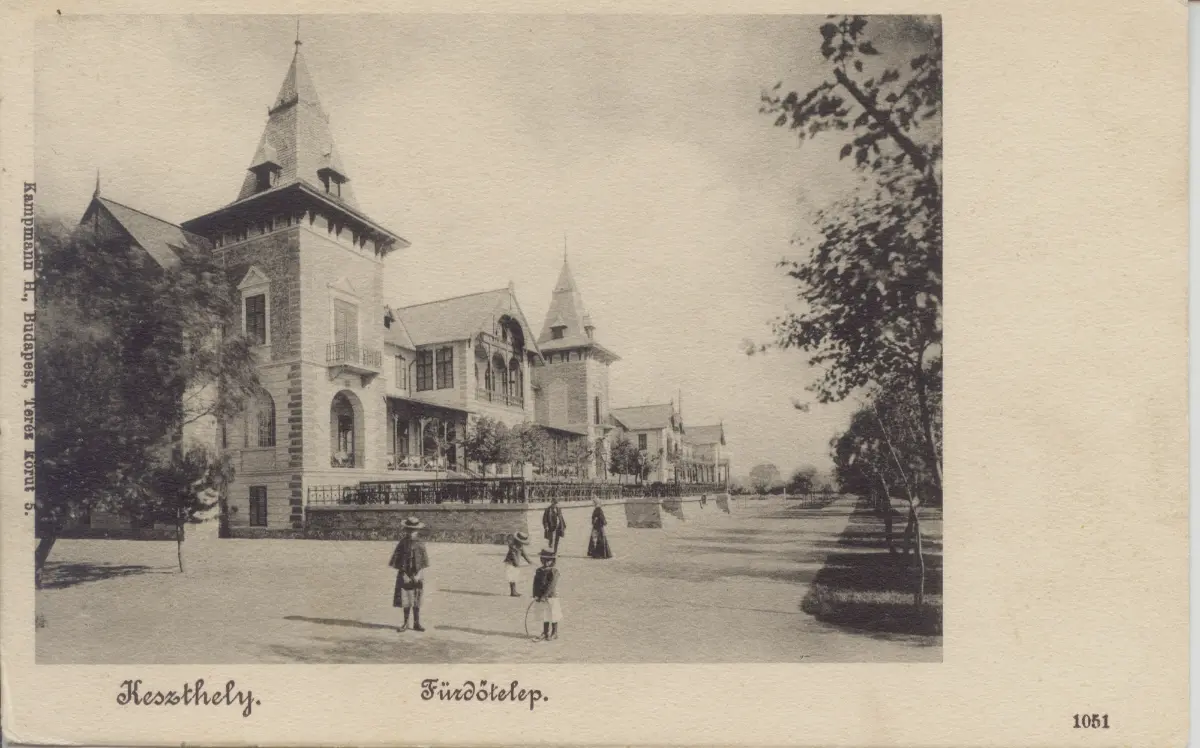
Helyszín címkék:
Exciting details from the past: rations tourism on Lake Balaton
Németh Krisztina
We can say that Hungary has always been famous for its waters. After 3.8 million Hungarians went to fight during the wars, and only every second of them returned safely, some of the spas in the hinterland were set up to care for the injured soldiers. They were awaited with dozens of treatments, from water cures to mud treatments, they used everything that was available to them.
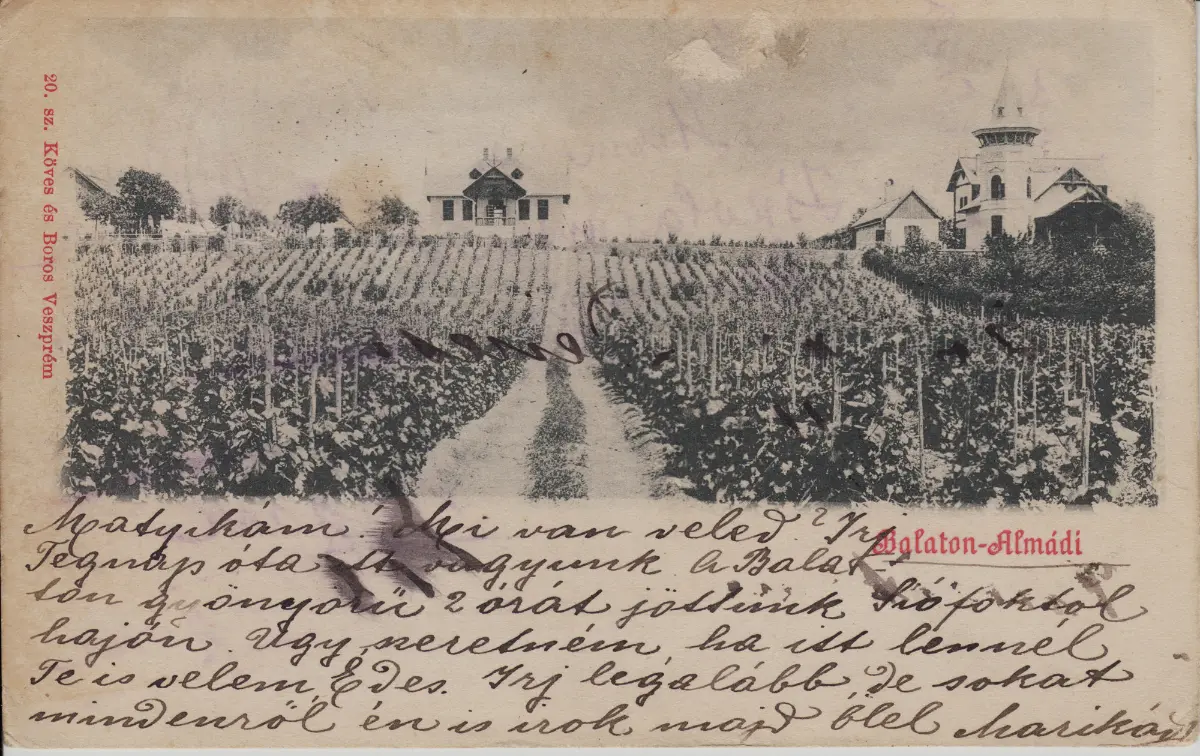
Balatonfüred, Hévíz and Siófok were the most popular
Although during the war, the number of visitors to the Hungarian spas - for understandable reasons - fell, after 1915 it began to increase continuously, as the distance from the noise of the battlefield was tempting, and the soldiers were also attracted by the boarding that can be called plentiful and varied. There was such a crowd that many requests for accommodation at Lake Balaton could no longer be accepted. During this period, 40 spas operated around the lake, the most popular ones included Balatonfüred, Hévíz and Siófok.
A period of mud treatments, sun baths and drinking water cures

Thermotherapy was used in Hévíz, the lake's water and mud were effective for locomotor and joint diseases. It also proved to be effective in reducing inflammation and pain relief. Soldiers who wanted to have fun came to Siófok, and soldiers with heart disease came to Balatonfüred. It is interesting that during the war, Füred was crowded by a remarkable number of citizens from Vienna and Berlin, who mostly came for food and left full.
Fattening cure as a "motivator"
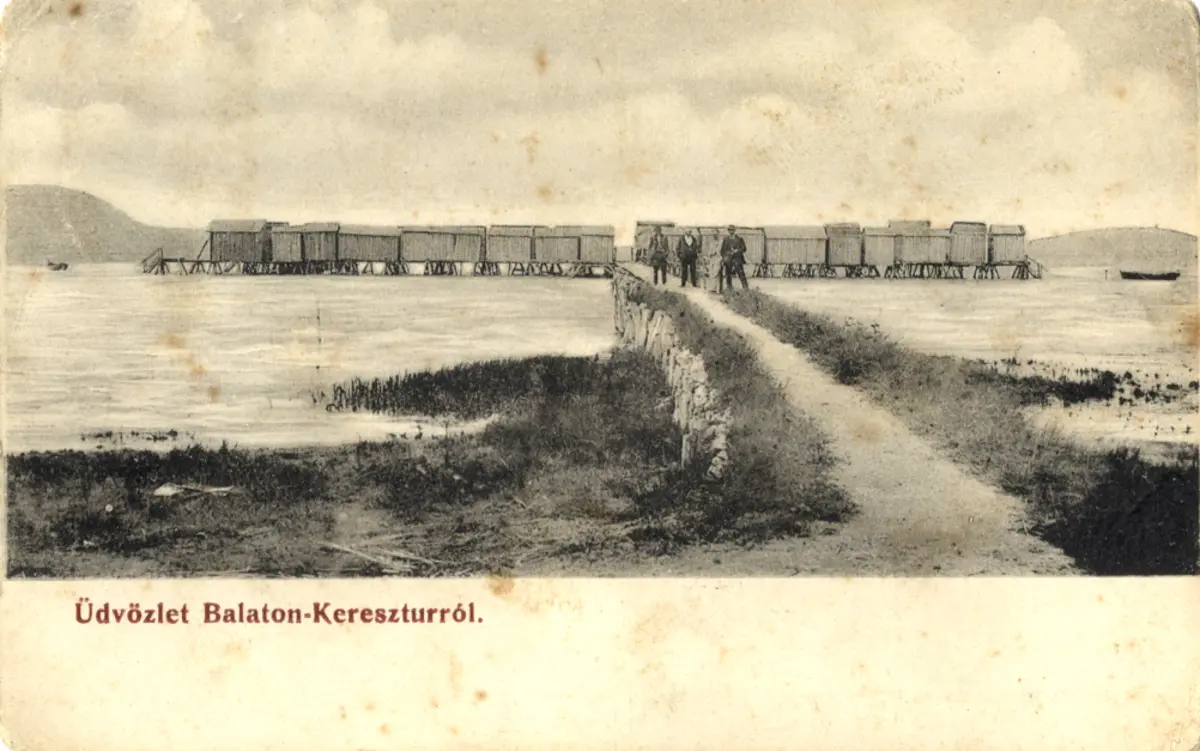
After the food of war, the Hungarian spas were considered a real treat, and they offered fattening cures in Austrian and German circles. They not only purchased and smuggled out food, but they also ate it up as "spa guests". The bathing and vacation spots of Lake Balaton and the High Tatras were literally overrun. "We came to eat our fill," said the Austrians. "Rations tourism" flourished in Hungary's popular spas, and since the struggle became more and more a war of the stomach, it was also called "stomach tourism".
Soldiers were sent by the front lines, foreigners were attracted by better care than at home
In addition to medical treatments, the possibilities of the Balaton spas were less used by the military. Apart from Balatonfüred and Siófok, only a few smaller hotels were in the service of the army. Contrary to this, there were many noble guests, who at other times visited only the most luxurious spas abroad. They gave any amount for accommodation and food if they were satisfied. The hotels and the better villas of the more advanced spas that satisfy more delicate needs, such as Siófok, Füred, Földvár, were full.
Competition of the South and North Shore
On the northern shore of Lake Balaton, a more significant spa life developed next to Füred, in Almadi. On the other hand, the spa resorts being built at a rapid pace on the south shore were at a disadvantage due to the agricultural production of the nearby peasant villages. The animal husbandry and the associated unpleasant odours scared away the guests. At the same time, the sandy coast with shallow water, good drinking water, sunshine, mild climate and favourable transportation had an attractive effect. Within 10-15 years, a solution to the unpleasant odours was also found, and large green stretches of shore similar to the Boglár beach became more and more popular.
The first tents at Siófok, "opened" in a coastal pattern
The introduction of the rentable tent system used on the coast of the Adria was a novelty, where guests could sunbathe in the sand. Those who wanted to have fun were awaited by coffee houses and dancers of the world who entertained the audience well into the night. Horse races, land and water races were also organized in Siófok. In addition to theatre life, music also helped to forget the horrors of the war.
The consequences of the war on spa life
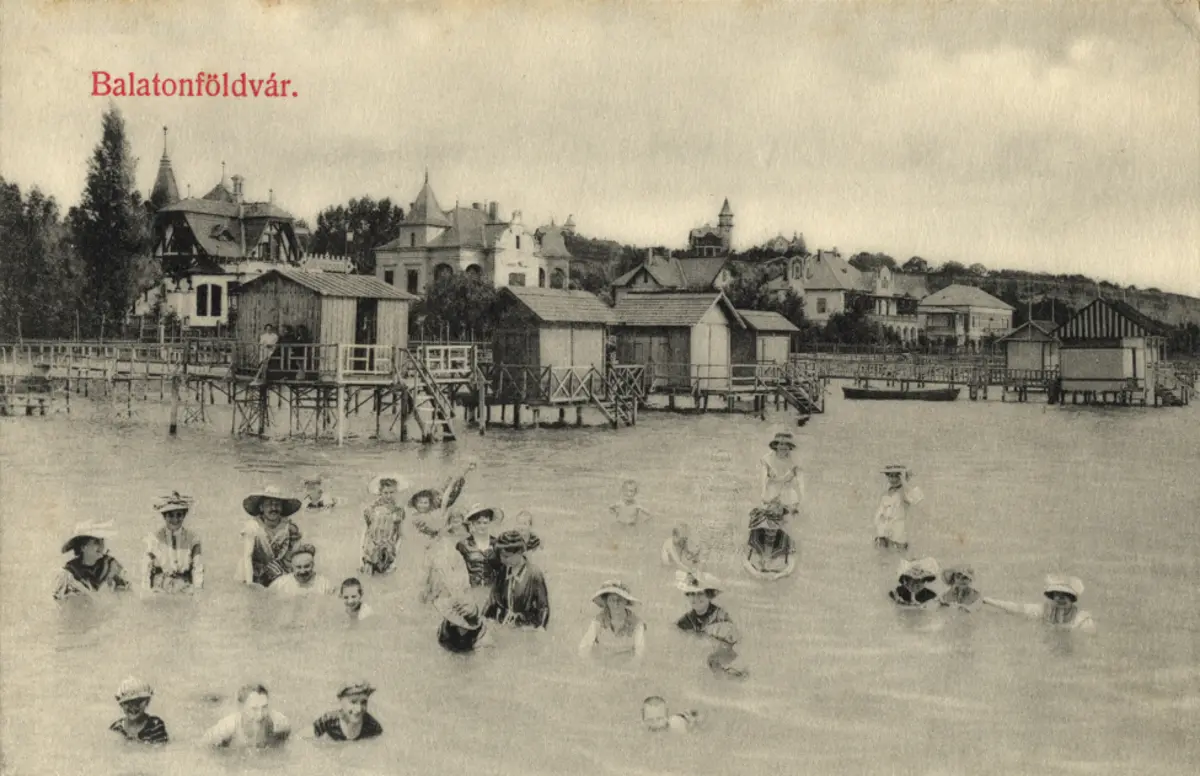
The leaders of the country realized the importance of tourism, that those who want to travel do not stop at Vienna. Thus, big capital moved and spas became sought-after "commodities". Prime Minister Sándor Wekerle made tourism the responsibility of the government. The predecessor of the IBUSZ, the Idegenforgalmi és Utazási Vállalat Rt. (Tourist and Travel Company Limited by Shares), founded a travel agency with the Germans, which began operating in 1918. And Balaton has been in demand since then and is becoming more and more popular among foreigners as well.
Gabriella Haász, historian, chief museologist, and the book of Anikó S. Nagy - József Spekál titled Bathing Life in the Great War provided assistance in compiling our article.
